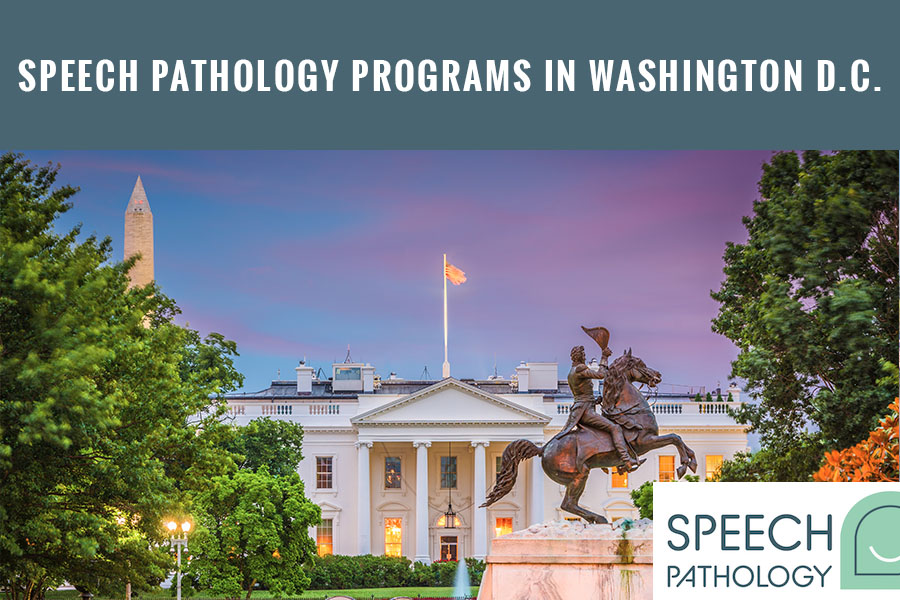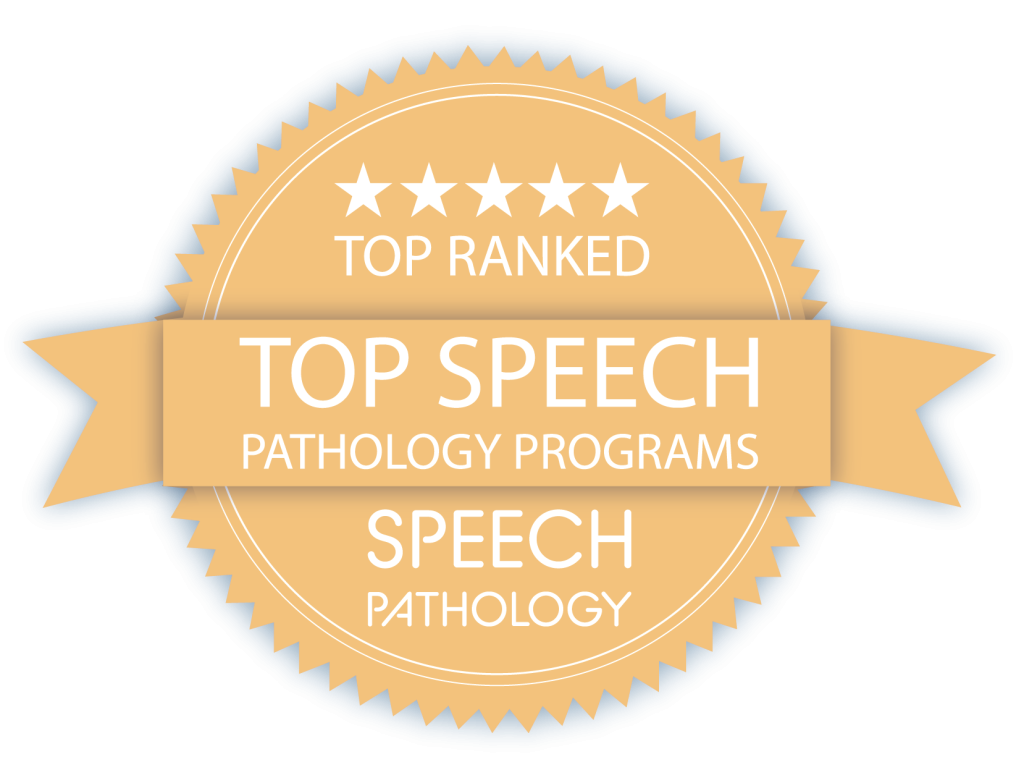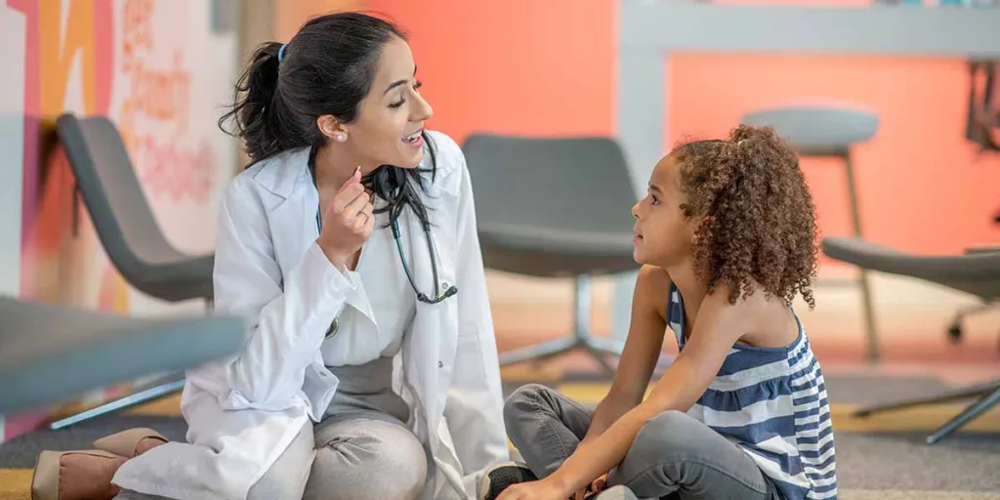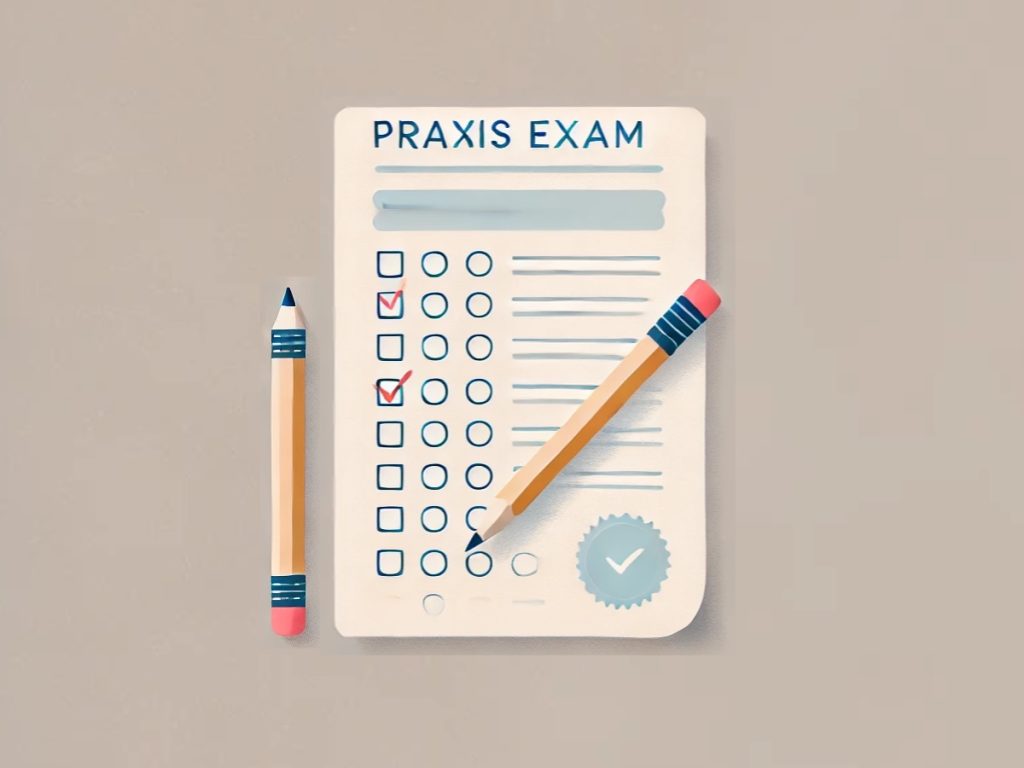Last Updated
April 16, 2025Written By
Daniel Ortiz, M.A., CCC‑SLPWashington DC is in a unique position to offer excellent education in speech language pathology (SLP). Being the nation’s capital, D.C. has many hospitals, schools, research foundations, and advocacy groups that provide a diverse and abundant clinical and professional environment for SLP students.
The job prospects for speech pathologists are excellent – the field is expected to increase by 18% from 2023 to 2033, which is faster than the average career growth rate (bls.gov). Moreover, SLPs in D.C. enjoy some of the highest wages in the country. The median annual wage for speech pathologists in D.C. is approximately $105,000, which is significantly higher than the $89,000 national salary (bls.gov). This is important because graduates can expect to get paid well for the job in one of the most expensive regions in the country.
One more reason to select D.C. is the concentration of professionals in the area. ASHA, the organization that accredits SLPs in the United States, is located a short distance from D.C. in Rockville, MD. ASHA’s meetings and libraries, as well as policy makers, are easily accessible to D.C. students. Located in D.C. can provide an access to the latest research and federal initiatives in healthcare and education.
Many big healthcare companies like MedStar Georgetown University Hospital and Children’s National Hospital and school districts including District of Columbia Public Schools and many charter schools are situated here, thus providing different kinds of clinical internships and job prospects. All in all, pursuing speech-language pathology in Washington, D.C. provides students with an excellent chance to secure gainful employment in conjunction with the best professional and clinical experiences that cannot be found in other cities or states.

Explore the top-rated speech pathology programs in Washington D.C. with our curated rankings. Whether you’re just starting or ready for the next step, speechpathology.org showcases the best speech-language pathology schools in Washington D.C. for aspiring professionals. Discover how programs are selected at speechpathology.org/rankings-methology.

Washington, DC - Private 4-year - howard.edu
Concentration: education - Campus Based - Visit Website
Howard University's Master of Science in Speech-Language Pathology with an education concentration prepares students for specialized roles in educational settings. This ASHA-accredited program offers two and three-year tracks for students with varying backgrounds, featuring four specialization areas including education, bilingual, medical, and technology interventions. The program requires no GRE entrance exam and maintains a 3.0 undergraduate GPA minimum. Students benefit from supervised clinical practicums in multiple settings, diverse faculty expertise, and early application deadlines of December 1st and January 30th for comprehensive clinical competency development.
Concentration: bilingual - Campus Based - Visit Website
Howard University's Master of Science in Speech-Language Pathology with a bilingual concentration focuses on preparing clinicians to serve diverse linguistic populations. This comprehensive program offers two and three-year tracks with four specialization areas, including bilingual services. The ASHA-accredited curriculum includes on-campus clinical experiences and multiple clinical placement options without requiring the GRE entrance exam. Students must maintain a 3.0 undergraduate GPA minimum and meet the January 30th application deadline for Fall 2024. The program emphasizes clinical certification preparation through diverse faculty expertise and supervised practicum experiences in various healthcare and educational settings.
Concentration: medical - Campus Based - Visit Website
Howard University's Master of Science in Speech-Language Pathology with a medical concentration trains clinicians for healthcare environments. This ASHA-accredited program provides two or three-year track options across four specializations, including medical speech-language pathology. Students complete clinical practicum experiences through a diverse clinical partner network without GRE entrance exam requirements. The program maintains a 3.0 undergraduate GPA minimum and requires three recommendation letters for Fall 2024 applications. On-campus format ensures hands-on learning with multiple clinical placement settings, preparing graduates for professional certification in medical communication disorders across diverse patient populations.
Washington, DC - Private 4-year - gallaudet.edu
Concentration: Communication differences of d/Deaf and hard-of-hearing individuals - Campus Based - Visit Website
Gallaudet University's M.S. in Speech-Language Pathology is a two-year, CAA-accredited campus program requiring an entrance exam, with a specialized concentration on communication differences of d/Deaf and hard-of-hearing individuals. The program emphasizes American Sign Language competency and provides comprehensive training in speech sciences, clinical procedures, and multicultural communication strategies. Students engage in multiple clinical practicum experiences, including off-campus internships and research opportunities, preparing them for diverse professional settings. The curriculum combines rigorous academic coursework with hands-on clinical training, ensuring graduates are equipped with advanced assessment and intervention skills for various communication disorders, supported by a high Praxis examination pass rate.
Washington, DC - Private 4-year - gwu.edu
Campus Based - Visit Website
George Washington University's Master of Arts in Speech-Language Pathology is a nationally ranked, two-year campus program fully accredited by ASHA. It emphasizes comprehensive clinical training at the GW Speech and Hearing Center, covering diverse communication disorders across populations. The 42-credit curriculum includes classroom instruction and hands-on practicum, with both thesis and non-thesis options. Rolling admissions begin in January, using the CSDCAS application process. For entrance, the GRE is recommended but not required, aligning with the program's flexible approach to preparing students for professional certification in speech-language pathology.
Washington, DC - Public 4-Year - udc.edu
Campus Based - Visit Website
The University of the District of Columbia's Master of Science in Speech-Language Pathology stands as the first HBCU program accredited in this field, maintaining over three decades of academic excellence. This CAA ASHA-accredited program emphasizes culturally responsive training, preparing clinicians to address diverse communication disorders through evidence-based interventions. Students develop advanced clinical skills with a focus on professional ethics, interprofessional collaboration, and holistic patient care. As a master's level program, it requires an entrance exam for admission. The curriculum's Center of Excellence designation underscores its commitment to inclusive, high-quality graduate education for aspiring speech-language pathologists.
A Bachelors degree in Communication Sciences and Disorders (CSD) is the first degree that provides a general introduction to the field and offers basic preparation in areas like phonetics, language development and basic audiology. In D.C., a SLP related bachelor’s degree alone will not allow you to become a licensed speech-language pathologist, but it is acceptable for speech-language pathology assistant (SLPA), special education aide or similar support positions in healthcare. To work as a SLPA one needs to register with the D.C. Board of Healthcare Licensure and it has to be done under the supervision of a speech pathologist.
On the other hand, a master’s degree in speech-language pathology is needed for independent clinical practice. There are several accredited master’s programs in D.C. (e.g. Howard, Gallaudet, George Washington University, and University of the District of Columbia). Some admission requirements include a relevant bachelor’s degree or prescribed courses, 3.0 GPA or higher, letter of recommendation, and completion of pre-requisite SLP courses. Some programs are two years, or three for students without an undergraduate CSD preparation.
The graduates with master’s degree in speech pathology can apply for full licensure and Certificate of Clinical Competence (CCC-SLP). This enables one to practice in hospitals, schools, rehabilitation centers and private practice. In a global city with a large number of immigrants and many language users, having a master’s degree can also lead to job opportunities in research institutes, pediatrics, or voice pathology.
Doctorate degrees in speech-language pathology can be divided into two main types: the research-oriented PhD and the clinical SLPD. The PhD is for future academics and scholars to conduct original research in language development or neurogenic disorders, etc. Students generally need a master’s degree in speech pathology (or equivalent) and an interest in research, as well as faculty sponsorship. Four to five years of funding packages, as assistantships or fellowships, are received by PhD students, after the master’s degree.
The SLPD (Doctor of Speech-Language Pathology) however, is for the experienced clinicians, for the enhancement of clinical skills, leadership or for the advancement to advanced practice. At this time, there are no universities in D.C. that offer SLPD on campus so local clinicians pursue studies for this at online programs offered by out of state universities.
Most programs require a master’s degree, clinical certification (CCC-SLP), and professional experience to seek admission. Since SLPD enrollees are working professionals, most programs are part time and can be completed in two to three years. The latter graduates usually function as clinical directors, rehabilitation managers, or master clinicians, thus translating research into everyday practice. Practitioners, however, do not need either doctoral path for most SLP positions, but either can lead to better paid leadership, administrative, or academic positions. In fact, PhD graduates can turn into university professors or principal investigators, whereas SLPD holders may head clinical operations or teach in an adjunct faculty.
In order to practice independently as a speech pathologist in Washington D.C., one must be licensed by the D.C. Board of Audiology and Speech-Language Pathology. The needs include obtaining a master’s (or higher) degree from an accredited program, passing the national Praxis exam in SLP, and performing a supervised clinical fellowship (often called a CFY) of about 9 months full time. Once licensed, you must update your continuing education for 20 hrs every 2 years to renew your license, including one hour of ethics and two in the LGBTQ+ track, along with any other modules specified by the D.C. Department of Health.
SLPAs who work with a supervising licensed SLP must have at least an associate’s degree in speech language pathology or a related program (a bachelor’s will also do) and register with the Board. They are not allowed to perform evaluations or practice on their own. In school-based positions, SLPs may apply for an extra credential from the Office of the State Superintendent of Education (OSSE). This certification for employment in D.C. public or charter schools is typically achieved by having a master’s and passing the Praxis. Both licensure and certification are maintained in D.C., guaranteeing that practitioners meet the highest professional standards and remain current in clinical best practices.
There are options for faster SLP programs, though the length of the program differs based on the level of the degree. The standard length of a Bachelors of Speech-Language Pathology in CSD is four years, however, accelerated or transfer programs can reduce this to three or three and a half years. Master’s programs are usually two years of full time study if you have an undergraduate CSD degree; other fields may need one more year of prerequisites.
There are some schools, for instance, Howard University, that have a combined undergraduate and master’s program that can be done in five years, i.e. five years instead of the usual six. SLPD programs are usually part time and can take between two to three years, while research focused PhDs can take four or more years. Although speed may be a priority, always ensure you choose an accredited speech pathology program that fulfills clinical hour requirements to qualify for licensure.
| School Name | Highlights | Retention & Grad Rates |
|---|---|---|
| University of the District of Columbia |
|
|
| George Washington University |
|
|
| Howard University |
|
|
Tuitions in the D.C. area are rather diverse, and public universities are generally cheaper than private ones. UDC is also quite economical for in-state graduate tuition, so it is one of the least expensive local choices for an SLP master’s degree. Gallaudet University is private but has relatively cheap tuition rates and scholarships that are more affordable than many other private schools in the region. Howard University and George Washington University are very famous but are quite expensive and may be more than six figures for the speech pathology master’s.
Doctoral students in pursuit of a PhD may have their tuition covered through funding packages in the form of research or teaching assistantships, thereby reducing the overall financial burden. In contrast, SLPD programs, which are offered online by out-of-state universities, typically demand tuition payment with little or no scholarships available, although some employers may provide partial reimbursements. Prospective students should also consider costs of living in D.C. and search for financial aid, scholarships or loan forgiveness programs to offset the high cost. To help you decide on the right direction to become a speech-language pathologist in the District of Columbia, you should balance the cost of the program against its features, such as clinical practice and future career prospects.
| School Name | Highlights | Annual Estimated Tuition & Fees |
|---|---|---|
| University of the District of Columbia |
|
|
| Gallaudet University |
|
|
| Howard University |
|
|

If you have ever been researching speech-language pathology careers and come across the words ‘speech pathologist’ and ‘speech therapist’, you might wonder if they are

If you are pursuing the position of a speech-language pathologist, then you may have heard of the Praxis exam from your professors, classmates, or even

Dyslexia, a common learning difference affecting reading, writing, and language processing, can present unique challenges for students transitioning from high school to college. Fortunately, a

If you are interested in pursuing a career in SLP and have been researching licensing requirements or are simply interested in learning more about SLP